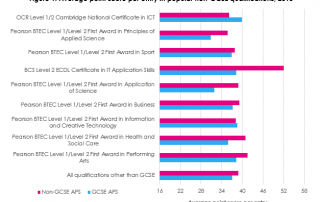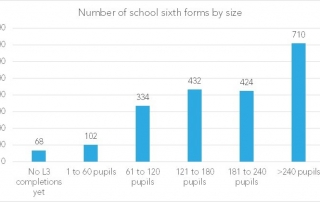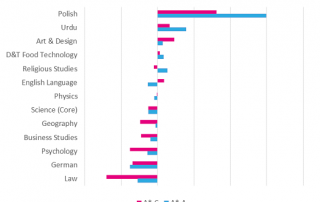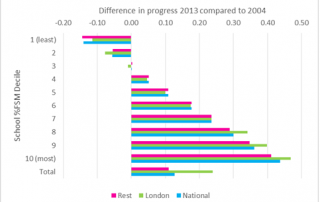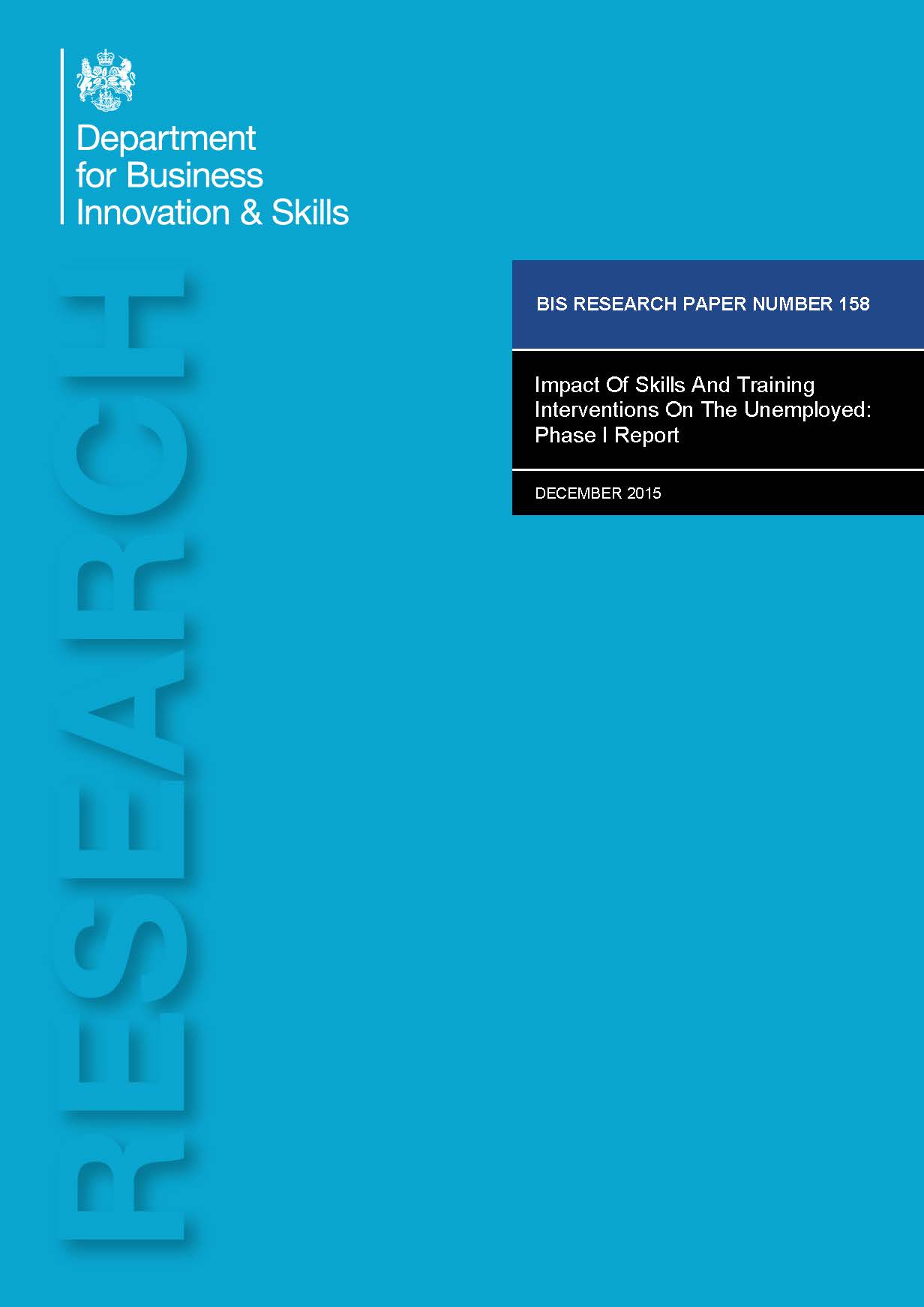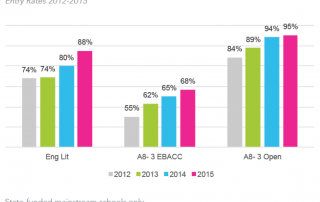Does Ofqual also need to look at the grades awarded in non-GCSE qualifications?
Ofqual last week wrote to awarding organisations (AOs), asking them to justify the size, and guided learning hours, of qualifications of theirs which count in Key Stage 4 performance tables. The regulator may wish to go further and consider also how grades in non-GCSE qualifications relate to GCSE grades. GCSE grades awarded by different AOs [...]



